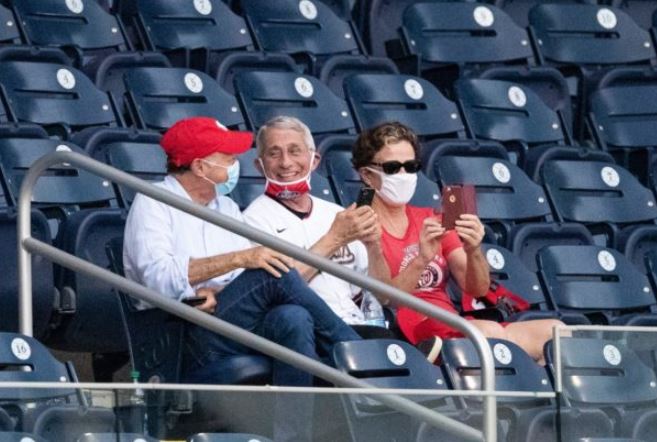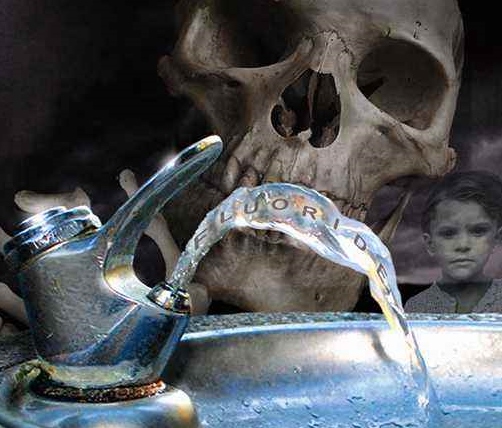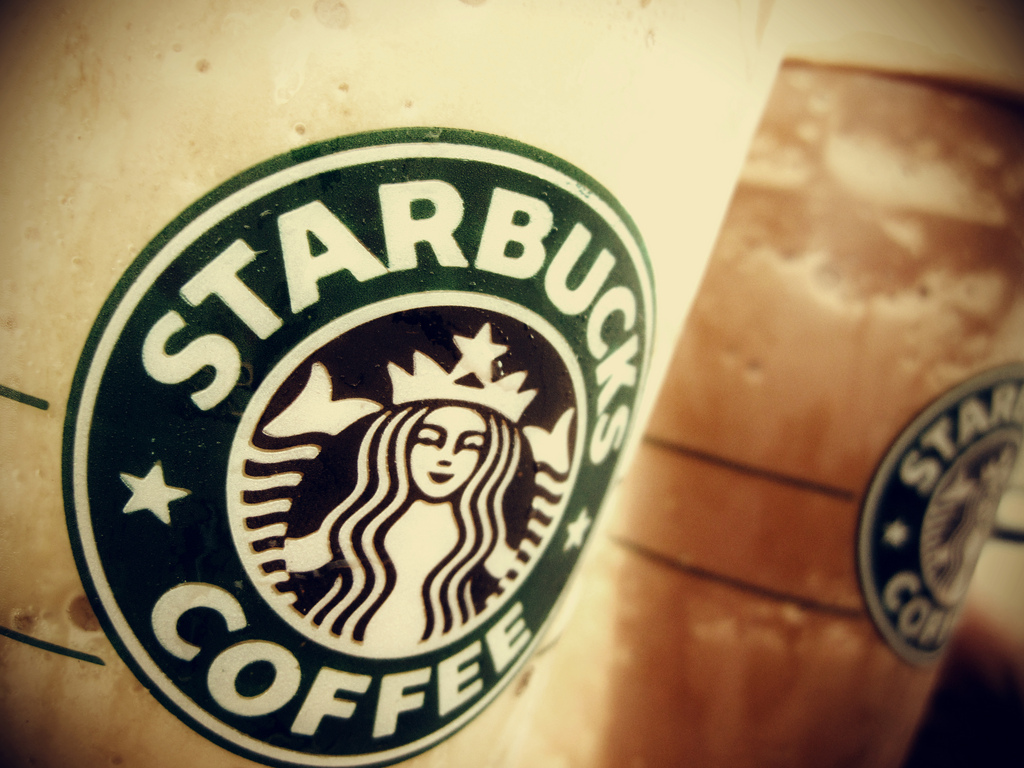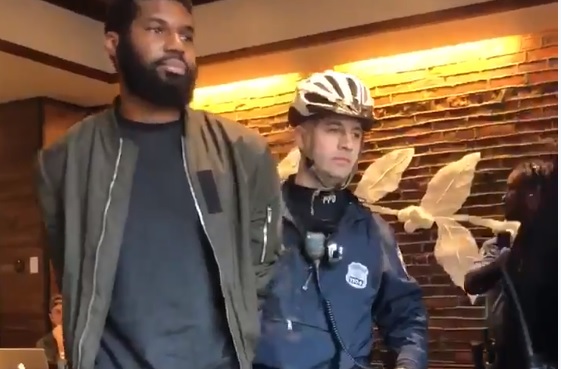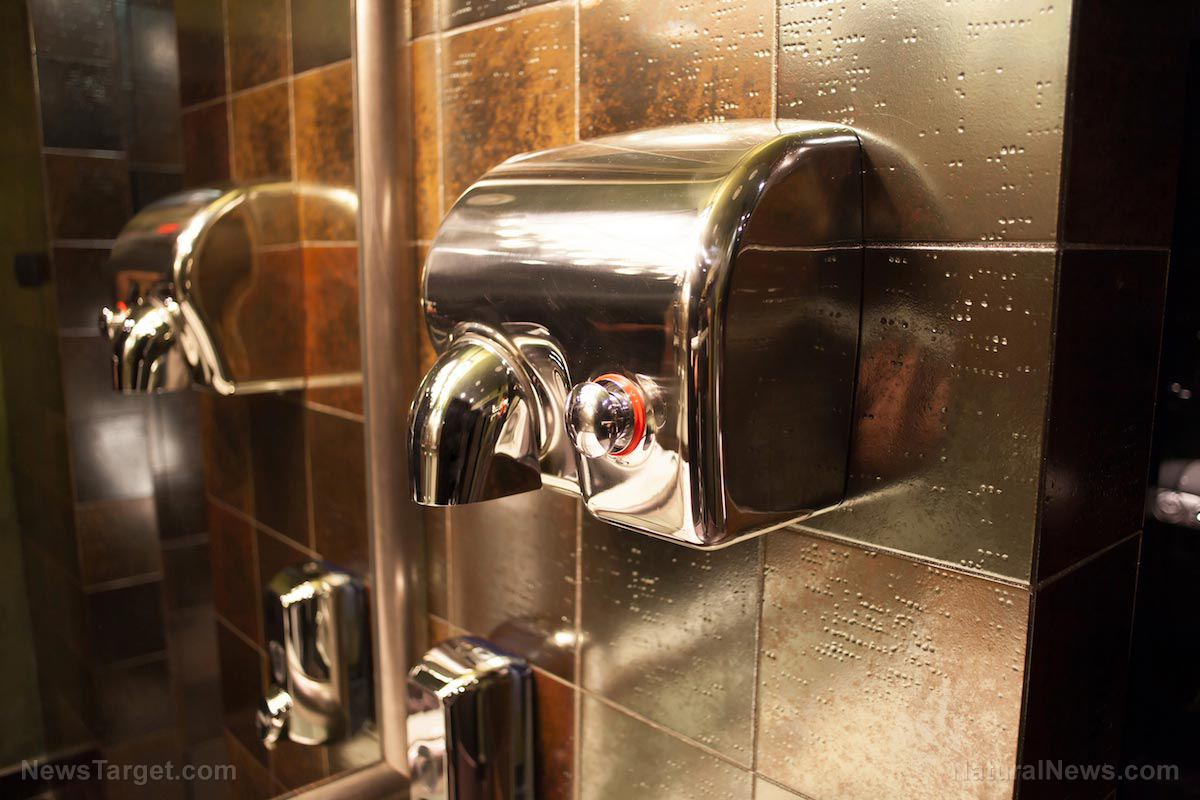
Coffee shop chain Starbucks announced the closure of its 16 locations across the country, citing safety concerns as the main reason for the move.
The Seattle-based coffee company said on July 11 that it is closing 16 stores following reports of disruptions in these locations. Six locations in its hometown, six locations in Los Angeles, two in Portland, one in Philadelphia and one in Washington, D.C. will shutter permanently by the end of the month, according to Starbucks. It added that employees in the affected locations would be transferred to other sites. (Related: Businesses fleeing Washington, California and New York because of crime, violence and anti-business policies.)
Debbie Stroud and Denise Nelson, Starbucks U.S. operations leads, told employees in a message: "We read every incident report you file – it's a lot. We cannot serve as partners if we don't first feel safe at work."
A company spokeswoman also confirmed other updates for Starbucks locations unaffected by the July 11 closure announcement.
Store managers would be given leeway to close restrooms, limit seating or reduce operations in response to safety concerns. They would also be allowed to continue changing store layouts, including limiting seating to customers, if needed. Baristas would also receive additional guidance on what to do in active shooter scenarios and how to de-escalate conflict at work.
According to the spokeswoman, the moves are part of policies aimed at addressing workers' concerns, including workplace safety.
Workers reported safety concerns during outreach sessions following the return of its CEO Howard Schultz in early 2022, albeit in an interim position. Schultz first served as CEO from 1986 to 2000, and served a second stint from 2008 to 2017.
"Like so much of the world right now, the Starbucks business as it is built today is not set up to fully satisfy the evolving behaviors, needs and expectations of our partners or customers," he said in a July 11 letter to employees.
Meanwhile, a leader from the Starbucks Workers United labor union said employees were surprised by the decision to permanently close the six Seattle locations. They added that the company should have involved workers more in the decision. Two of the stores set to close in Seattle are unionized, while one store in Portland has petitioned to unionize.
Why Starbucks employees don't feel safe
Back in April 2018, the coffee shop chain gained national attention after two Black men sitting in a Starbucks branch in Philadelphia were arrested. The men, purportedly real estate brokers, were waiting for a third companion before ordering their coffee. The two were sitting at a table for less than 15 minutes before employees called law enforcement. The third companion showed up around the same time as the police.
Richard Ross Jr., the city's police commissioner at that time, insisted that his officers were doing "nothing wrong." He added that the Starbucks employees who called the cops claimed the two were trespassing, with both asking to use the bathroom even though they had not purchased a drink.
Former Starbucks CEO Kevin Johnson apologized for the incident, promising to "make any necessary changes to our practices that would help prevent such an occurrence from ever happening again." Schulz, who was serving as the executive chairman that time, took it a step further by announcing that Starbucks' restrooms would be open for everyone – including non-paying customers.
According to Schultz, the company is changing its policy because it wants everyone to feel welcome. He clarified, however, that Starbucks does not want to become a public restroom.
Schultz's clarification was nevertheless in vain, as it gave rise to homeless individuals and drug users camping at Starbucks bathrooms. This subsequently led to employee complaints, culminating in the closure of the 16 stores.
Watch this video about the arrest of the two Black men at Starbucks.
This video is from the Duerst channel on Brighteon.com.
More related stories:
Sources include:
Please contact us for more information.










